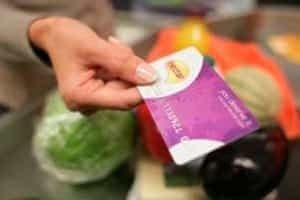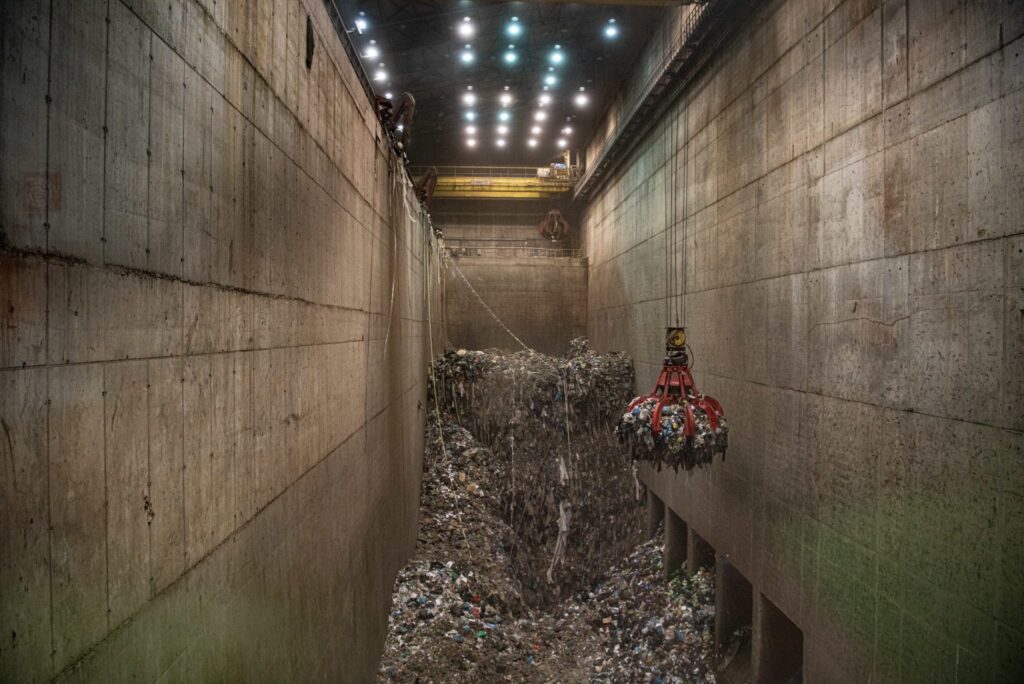Birmingham city council is planning to procure a partner to roll out a city-wide recycling incentive scheme, following the great success of a trial which saw residents receiver Nectar points for recycling waste paper and card.
The council, which is Englands largest local authority, intends to use money gained from the DCLGs 250 million weekly collections fund to implement the reward scheme, after it was awarded nearly 30 million in November 2012 (see letsrecycle.com story).

Alongside the recycling reward scheme, Birmingham was awarded the money to introduce weekly recycling collections to over 100,000 households that currently have fortnightly collections and retain weekly residual waste collections.
Council officers must now demonstrate the reward schemes viability and value for money by putting together a business case for the project, which will draw on experiences from the pilot scheme with Nectar. The business case must be formally approved by council members and management before a tender for the contract can be advertised, which could be as early as April 2013.
Susan Keung, senior data analyst at Birmingham city council, who worked on the project, told letsrecycle.com that the scheme must be a viable solution for Birmingham. She said: It still has to be a viable solution although we will get money for it we are still working on the business case and any cost benefit situation will have to be sustainable as well.
The project will see a partner, or partners, implement an incentive scheme with the council in a bid to help boost recycling rates and divert material away from landfill and incineration. In 2011/12 Birmingham achieved a reuse, recycling and composting rate of 29.5%.
Service
At present, the details of the new service have yet to be decided, such as which materials it will cover and how the scheme will work, and these could be, at least partially, dependent on the new partner. Ms Keung said the solution must be right for Birmingham and is unlikely to be the same as the pilot with Nectar.
We are pretty sure it wont be how it was in the pilot in terms of how it works, it will be different as that solution wont be sustainable on a larger scale, she said.
Due to the varied nature of and number of properties and residents in Birmingham, Ms Keung said that a more sustainable solution was needed, such as an opt-in scheme or one scheme for houses and another for flats. In addition, she said the council would need to update its IT infrastructure to manage it.
Despite this, she said that the pilot with Nectar was very good, as shown by the results and the feedback the council has had from residents. She added that there was nothing stopping Nectar from bidding for the contract when and if it goes out to tender.
Success
Residents who signed up to the six month pilot, which was later extended for a further three months, received Nectar points every time they recycled paper and card. The pilot, which finished in May 2012, saw residents given an address label and bar-coded sticker to put on their blue paper and card recycling boxes. The bar codes were scanned before the paper was collected. Residents received 25 Nectar points every time they leave their paper out for recycling.
The scheme was hailed as a great success in February 2012 after it was revealed that a quarter of households in the pilot areas of Cotteridge and Erdington signed up to the scheme (see letsrecycle.com story). Following further analysis, the council has now revealed that it saw a 10% increase in the amount of paper and card collected in the pilot areas compared to the rest of Birmingham over the trial period. In addition, over 950,000 Nectar points were awarded during the trial period and the council said sign up rates exceeded expectations.
Commenting on the success of the pilot, James Frost, marketing director for Nectar, told letsrecycle.com: After a nine month pilot, Nectars partnership with Birmingham City Council is now in a period of assessment. The results from the trial are resoundingly positive with paper/card recycling up by 10% in the pilot areas.
Mr Frost added that Nectar would be interested in speaking to other councils looking to roll out a similar scheme and highlighted its work with the Royal Borough of Windsor and Maidenhead which sees residents receive Nectar points for switching to paperless billing for council tax payments.
Win-win
Steve Rose, head of strategic research for the council and project lead for the scheme, said the Nectar trial was a win-win for both the public and the council. However he said there were challenges.
The scheme benefits the public by giving something back directly to them as a reward for supporting the city council. It is a win-win situation for the public and the council alike. The main challenges are in the set-up and delivery to customers, to ensure a loyalty programme can both deliver value for money and positive behaviour change.
Incentives
Related Links
The number of recycling incentive schemes is set to increase after the recipients of the 250 million fund were announced, as almost half (41) of the projects were awarded money for implementing them. At present, only a handful of local authorities reward residents for recycling.
Offering advice to other local authorities looking to roll out incentive schemes, Mr Rose said: A loyalty scheme will work in some scenarios but are not a panacea to wholesale behaviour change. The devil is in the detail – take the time to understand your customers’ motivation and behaviour, and solutions will present themselves.










Subscribe for free